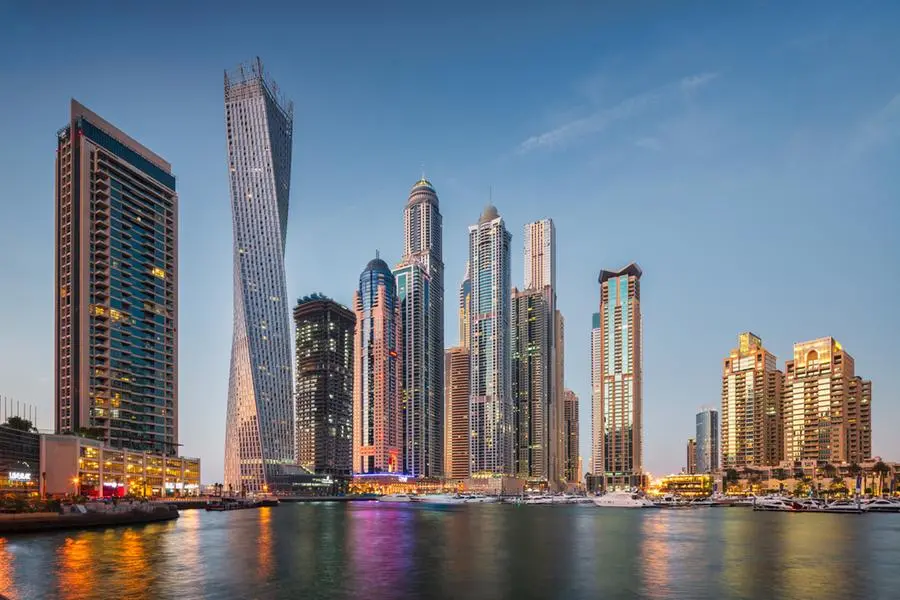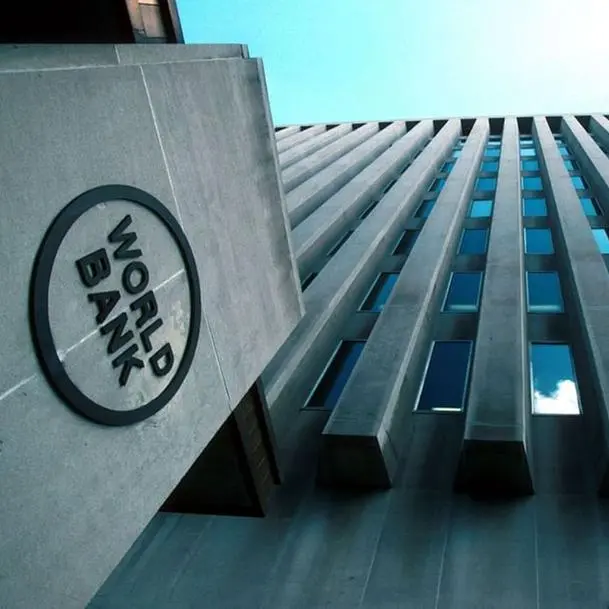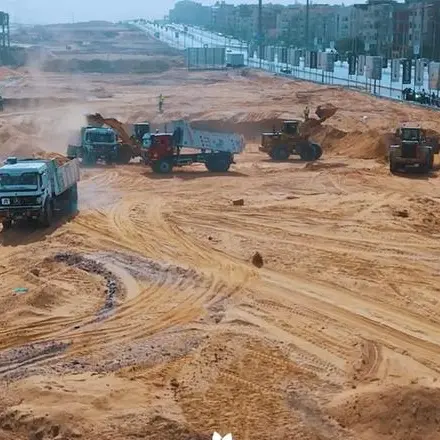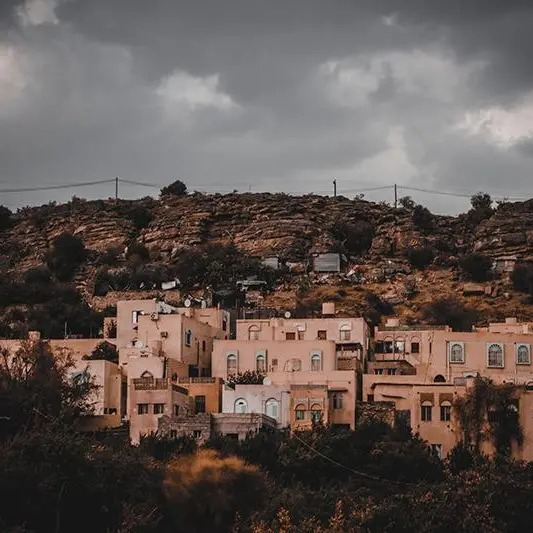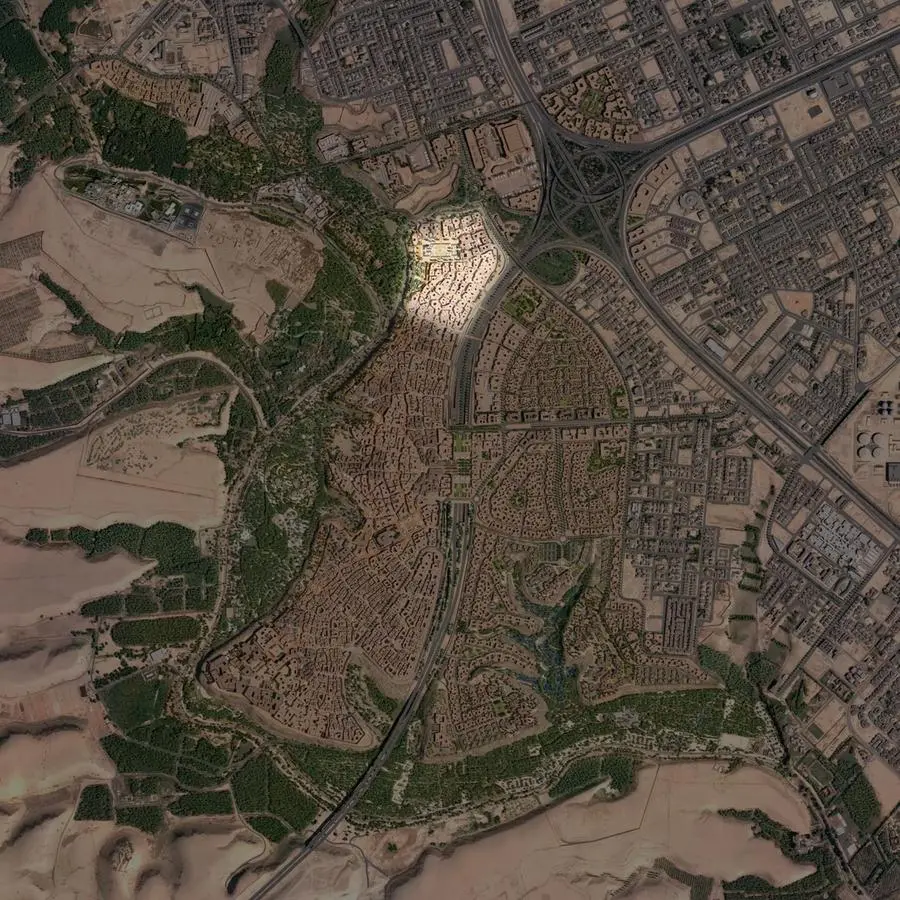PHOTO
Although Chinese investments in the UAE real estate sector have accelerated slower than anticipated due to competition from other markets, the Gulf nation remains upbeat about attracting buyers from Asia's biggest economy thanks to the size of the investment purse and a spike in inquiries.
According to an Ernst & Young report, in the first quarter of 2023, China's overall direct investment (ODI) was $40.5 billion, a significant year-on-year (YoY) increase of 18 percent. Of the total deal value worldwide, 26 percent amounting to $918 million, was cornered by the real estate, hospitality, and construction sectors, recording an increase of 191 percent (YoY).
"With the steady economic development of China in the first quarter and the promotion of high-level opening-up, the momentum of China outbound investment is expected to further increase," the report noted.
Since 2019, Chinese higher-income households have amassed $886 billion of excess household savings during the pandemic, observed Juwai IQI Co-Founder and Group CEO Kashif Ansari.
With the travel restrictions being eased and many smaller cities back home struggling with weak developers and slow economic growth, he noted that the cashed-up Chinese are back to investing overseas, including in the UAE.
Citing industry data, Ansari noted that the Chinese spent $6.1 billion in the US and about half a billion in Australia on residential real estate in 2022. Commenting on buyer enquiries this year, he said Australia ranks first, followed by the US, Canada, the UK and Thailand.
South-East Asia dominates the list of Chinese investment destinations, with Thailand, Malaysia, Vietnam and Singapore all in the top ten. In the Middle East, the UAE ranks top in the region and sixth overall, with Dubai by far still the number one destination for Chinese buyers in the region, according to Ansari.
Chinese buyers are snapping up new four-bedroom townhouses for $3 million in Sydney. In Dubai, they purchase in Palm Jumeirah and other luxury communities. "We believe Dubai will be one of the markets where Chinese markets climb most quickly this year," he said.
D&B Properties Group CEO Adham Younis points to key initiatives such as the Belt and Road Initiative and strategic partnerships with China that have further strengthened bilateral trade and investment ties, "creating a conducive atmosphere for Chinese investors to actively engage in the UAE property market".
"Given the sustained growth and positive performance of the UAE's real estate industry, it is evident that Chinese investors exhibit a significant appetite for UAE properties," he adds.
Investment lag
Though the Chinese are set to spend billions of dollars in investment, the UAE faces competition from China’s domestic market and other countries.
Pamela Ambler, Head of Investor Intelligence & Strategy, Asia Pacific, JLL, observed that Chinese capital in the first quarter of 2023 was primarily active in the domestic market. She said out of a total investment of $4.9 billion, 90 percent was deployed domestically, with most of the overseas investments captured by Europe and the US.
Further, Ambler revealed that even the $4.9 billion in the first quarter is only about half of the $9.7 billion invested in the first quarter of 2019, but there has been a spike in inquiries and Request for Proposals.
JLL's Fadi Moussalli, Executive Director of International Capital Coverage, said he expects the situation to improve. "As Chinese nationals can travel more freely now with the zero-COVID policy no longer enforced, investment momentum is expected to pick up."
Imran Farooq, CEO of Samana Developers, concurred. "Our upward sales figures of Chinese investors representing the Chinese investor base are expected to build up in the next six to nine months. The current investor trend pattern suggests that the Chinese will be among the top investors in the coming months," said Farooq.
While acceleration of Chinese buying is slower than what was enthusiastically assumed after China re-opened its borders, Juwai IQI's Kashif Ansari has an explanation.
"Chinese are the biggest buyers of international property worldwide, spending tens of billions of dollars per year. A phenomenon involving that many people and that much money across so many countries takes time to change course. It is like turning an aircraft carrier," he explained.
There is not much transactional data indicating a surge in Chinese investments in Middle East’s real estate sector, but UAE is in sweet position.
"The free trade agreement with China making it easier for Chinese companies to do business in the UAE, and the announcement of plans to create a new free zone for China-based companies offering tax breaks among other incentives will attract Chinese investment for years to come," said Farhad Azizi, CEO, Azizi Developments.
Younis of D&B Properties noted that challenges highlighted by experts for Chinese investments in the UAE, including stricter market access, localisation rules, and high compliance requirements. But the UAE government has made significant strides in addressing these challenges, he said.
Kamran Ghani, CEO of Empire Developments, sees few hurdles for investors. "We see these challenges are often addressed through policy reforms aimed at improving transparency, simplifying bureaucratic processes and reducing regulatory barriers," he said.
Christine Li, Head of Research, Asia Pacific, Knight Frank, pointed to initiatives on the legislation front. "Recent legislative reforms, such as changes which make it easier to set up family offices, demonstrate significant political intent to continue liberalising the business environment to increase foreign investments into the country."
Investment conditions back in China also need to be considered. "The issue is deploying capital away from China into other markets from a regulatory standpoint in China. While there are improvements on that front, we expect to see this easing over the next few years," said Abdullah Alajaji, Founder and CEO, Driven Properties.
"It is a fact that they prefer and demand more market openness, like any other foreign nationality, but they continue doing business," noted Samana's Farooq.
(Reporting by Syed Ameen Kader; Editing by Anoop Menon)
Subscribe to our Projects' PULSE newsletter that brings you trustworthy news, updates and insights on project activities, developments and partnerships across sectors in the Middle East and Africa.
